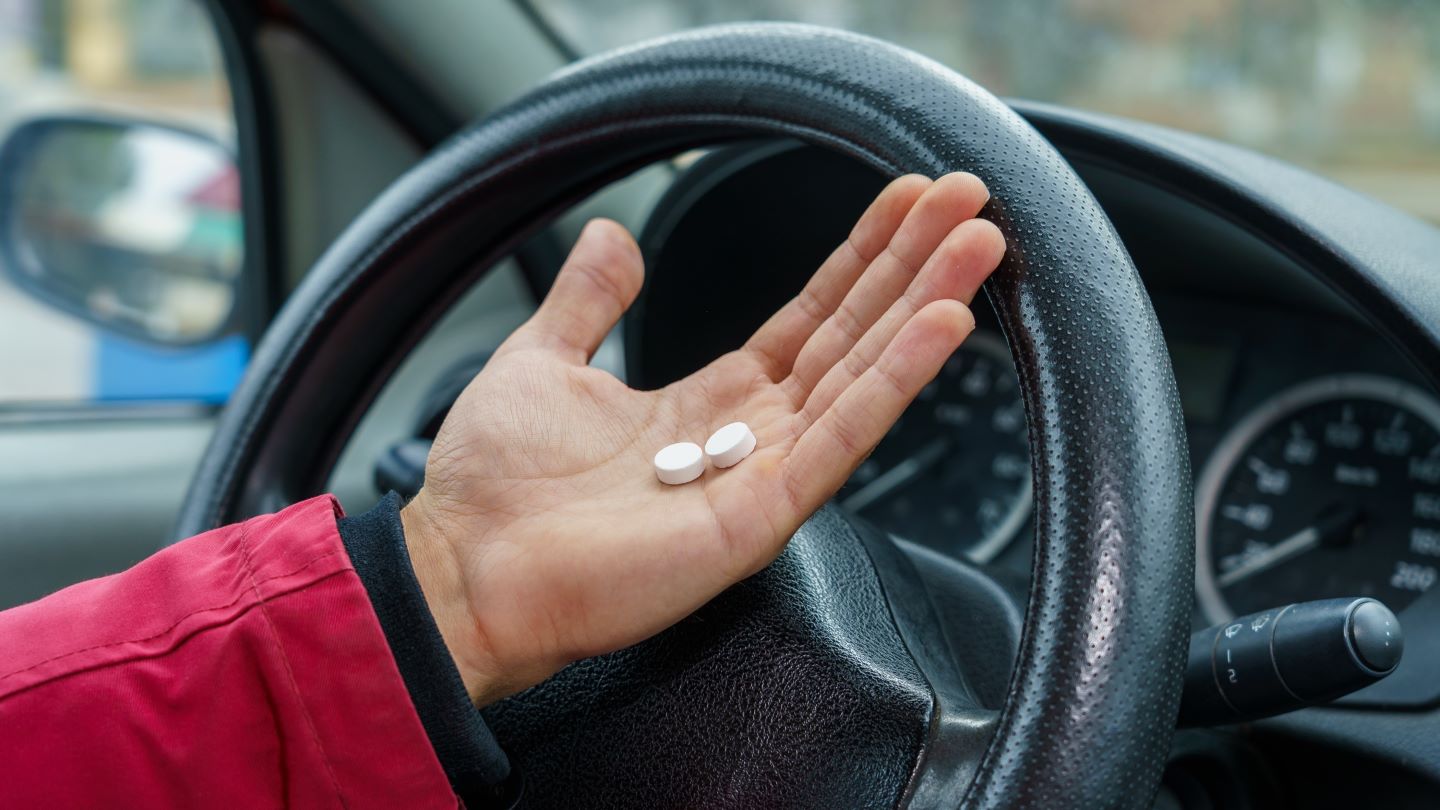
Fleet operators are being urged to adopt a proactive approach to drug driving prevention as new data reveals a significant rise in drug-related driving incidents.
Driver training and compliance company TTC has highlighted the need for businesses to address this growing risk, particularly as the festive season approaches.
TTC has raised concerns about the increasing prevalence of drug driving, urging fleet operators to take decisive action.
According to recent data from the DfT, collisions caused by drug driving have surged by 170% in less than ten years.
This trend underscores the necessity for businesses that manage grey, company car and commercial fleets to stop ignoring the issue and start implementing effective prevention strategies.
The company emphasises the importance of educating drivers on the risks and company policies regarding drug use, including the implementation of drug screening and training programmes.
How well do you really know your competitors?
Access the most comprehensive Company Profiles on the market, powered by GlobalData. Save hours of research. Gain competitive edge.

Thank you!
Your download email will arrive shortly
Not ready to buy yet? Download a free sample
We are confident about the unique quality of our Company Profiles. However, we want you to make the most beneficial decision for your business, so we offer a free sample that you can download by submitting the below form
By GlobalDataTTC training manager Andy Wheeler said: “It is widely recognised that it is the responsibility of fleet managers and companies to ensure their drivers are fit to work. That includes driving for work – and if someone is under the influence of drugs, recreational or medicinal, they are unfit to drive.
“With drug driving significantly on the increase, employers must underscore its socially unacceptable dangers.”
As winter approaches, bringing with it the festive season, TTC reminds businesses of the heightened risks.
The National Police Chiefs Council (NPCC) reported that last December, nearly half of the roadside drug tests conducted resulted in positive findings, a stark contrast to the 9.5% positivity rate for breath tests for alcohol.
TTC points out that while the legal ramifications of drink driving are well-known, the consequences of drug driving are not as widely recognised, indicating a critical gap in awareness that needs to be addressed.
Wheeler continued: “The fact that almost half of drug driving tests last December were positive represents a potential and staggering 675,000 fleet drivers that were on our roads, driving at risk to themselves and others.
“The latest DfT data also reported that road fatalities linked to drug driving increased by 164% in less than a decade. Whilst many in the fleet sector are positively addressing the challenge of drug driving, unless we take a unified stand, the DfT figures are sadly only likely to rise.”






